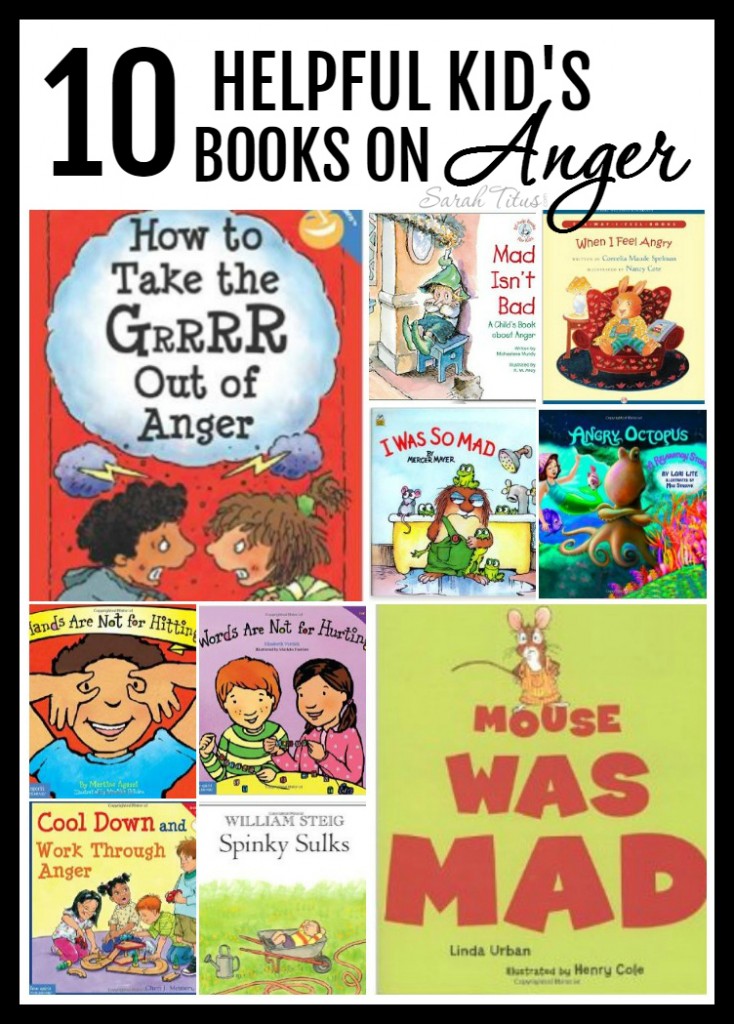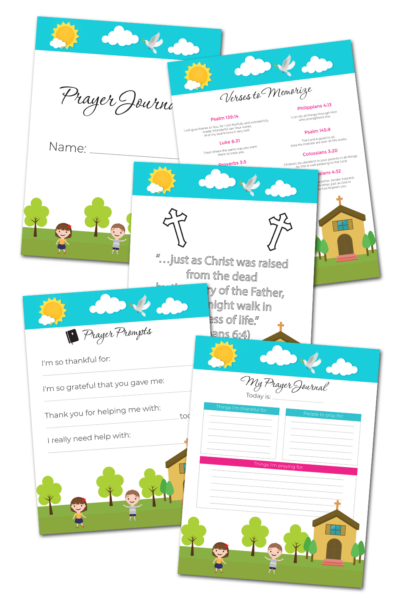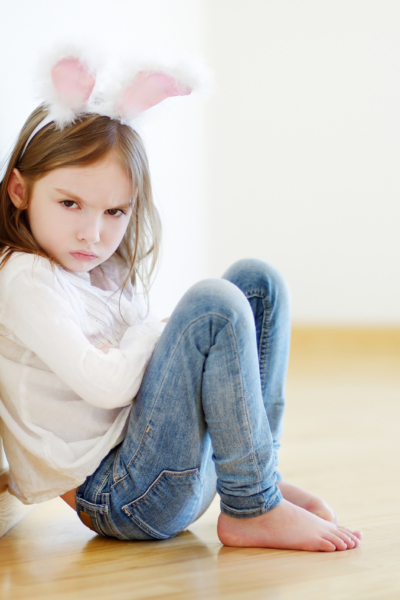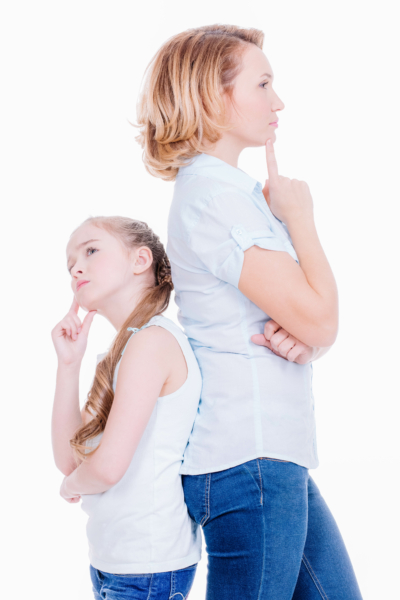Do you have a toddler who is experiencing the terrible twos…or threes? …an older child whose behavior is getting to be unmanageable? Not sure where to start at bringing peace back into your home? Here are some tips on how to calm your child’s aggression.
How to Calm Your Child’s Aggression
Reflect on How You Communicate
Think about psychology and the ways that you interact with those around you. Do you model positive ways for anger management to handle frustration and sadness? Your child may imitate the ways that you respond to challenging situations. When experiencing difficult emotions, making a point to talk with your child about how you are responding to them will help her see the ways that she should respond in similar circumstances.
Set Boundaries
Home is where children most often test their boundaries. By setting guidelines and sticking to them, your child will see what behavior is considered acceptable and what behavior will not be tolerated. When you put these strategies into play at home, your child will begin to calm down and mirror those same expectations in her daily life.
Set Consequences that Match the Offense
Occasionally all children will not meet expectations and consequences will become necessary. Make sure, however, that the consequences that you give for a situation match the offense.
If your child hits another with a favorite toy, she may lose the use of that toy for the rest of the day.
If a tantrum is being thrown, placing her in a safe place and telling her that she may join you again when she is finished being angry (time out) will help her to understand the desired behavior.
Be sure not to give consequences that condone behavior that you would not want her to imitate.
Minimize Exposure to Aggression
Today’s media provides plenty of opportunity to view examples of aggression. Television and movies, music and video games all often have aggressive tones to them. Monitoring your child’s exposure to these media will help you to minimize the amount that he or she sees each day and to have conversations about those that he has seen.
In our family, we talk a lot about what’s real and what’s not. I show my kids the behind the scene’s making of sitcoms, etc. because I want them to know that it’s not REAL. Sometimes on a sitcom, a child would steal or do something that would warrant an arrest if the child is a teen. My kids need to know that certain behaviors are not okay in REAL life. That it’s just for the point of the show. Even shows as “innocent” as Dora the Explorer have continual stealing in them. Don’t believe for one minute that you can shield your child from every bad thing on TV. You just can’t.
In our home, we like to watch the earlier episodes of “Boy Meets World.” There is one episode where Shawn and Cory are drinking and pee on a cop car. I don’t want to pretend that teenage drinking isn’t a real issue or that my kids won’t have to deal with these issues when they get older, but by watching these things in a safe environment, with me at their side, I can quickly explain to them that this is not acceptable and not something they should do. I can state reasons that make sense and use opportunities like this to teach them at an early age what our family values. Putting those things into practice (I have never taken a drink of alcohol in my life; I don’t even cook with alcohol) proves that I value these things. Not that it is wrong for an adult over 21 to drink responsibly if they are not controlled by the substance, but that our family in particular values not drinking at all.
Your Child Isn’t Perfect
Psalm 51:5 says that we are all born into sin. Know that your child is not perfect…and be okay with it. Again, children will make mistakes.
You may get a call from school saying that your son got into a fight with another child or made a mess in the bathroom. Though your instinct may be to defend your child, remember that the other adults in your child’s life are also there to support him. Working with his teacher or administrators to help him be more successful will be a greater asset to your child than taking the approach that he didn’t do anything wrong.
Related: 7 Tips on How to Be a Better Friend
Set time everyday to talk
Whether it’s after school or at the dinner table, make time to talk about the day. What were those things that were highlights in the day? What were those that provided challenges? Knowing what is going on during those times that she is not with you, will help you to talk through the ways that she has reacted. It will also provide opportunities to talk openly about changes that can be made for next time.
Think about it like this….do YOU need to talk to someone? Sometimes we just need to get it all out, right? Have a bad day? You just want someone to be there to listen to you. They don’t have to give advice, just listen. BE THAT for your kids!!!
Approach with love
Despite any challenging behaviors that you may have to work through with your child, remember to react with love. After a time out, a consequence, or a difficult situation in the school classroom, remind your child of the expectations and then tell her it’s okay not to be perfect and that you love her. Help her to remember that you will always be there for her.
Let the punishment fit the crime
One last thing I will say is that if you do spank your kids, you might want to really think about the consequences for certain things. If your child hits another child, and then you go and hit/spank your child for hitting, it may be perceived to the child as very confusing. I’m not saying it is to us. What I am saying is that you want to think about these things and discuss them with your spouse. Each family is different, so punishments will be different, but you want the punishment to fit the crime.
Yelling doesn’t usually solve anything. Sometimes even time outs don’t solve anything. Sometimes they do. Each situation is different, so beginning to think about it in terms of letting the punishment fit the crime will go a long ways in helping.
One example for my son is that he was not handling the Wii touchscreen remote properly. He kept slamming it down in frustration every time he would play. Okay, he’s not allowed to play the Wii anymore until he can treat it with respect. It cost me a lot of money and I don’t want it broken and he is 6, so obviously can’t afford to pay to replace it if it were broken.
Likewise, if it is to the point where a game is frustrating him, it’s time to stop playing. I do not want to lead my kids into temptation. I don’t want to put them in a situation that they cannot emotionally handle. That is my job as a Christian mom. So, if he can’t handle his emotions, then he’s not old enough to play and we can consider it again when he’s a little older and can control himself better.
Related: Diffuse Your Anger in 5 Seconds
Use Essential Oils
One of the things that I love to do when my children are being especially aggressive or angry is to break out the oils. I’ll make them sit down for a minute and put the oil on. Thyme is GREAT at combating anger. It just softens the mood. Lavender is very calming and Wintergreen is great for STRONG-WILLED kids! (used topically, not internally).
The oils work incredibly fast. Usually within seconds they are feeling a lot better!
To affect emotions, the oils MUST be smelled. When I sit my kids down, I put a drop of oil on them and have them smell in the aroma. Thyme is a “hot” oil, so that one goes on the bottom of the feet. With Thyme, I have them smell the bottle, being sure not to get TOO close, so they don’t get it on their nose.
Another great parental idea is filling your kids minds with the proper way to respond to certain emotions and social situations. You can do that easily by reading books with your kids. Let us not sweep an issue under the rug, but rather teach our kids how to deal with these emotions they WILL have….that WE ourselves have.












